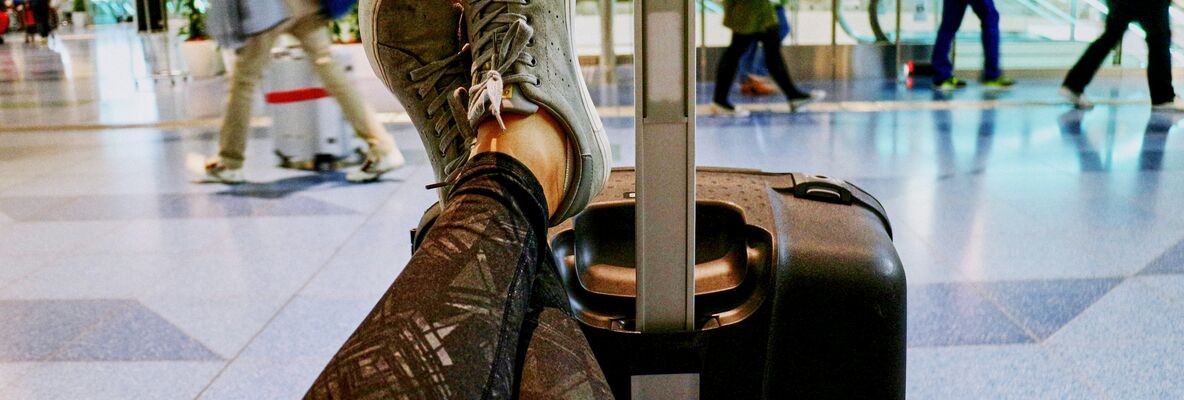We use cookies to enhance your experience. Basic cookies are essential for the proper working of this website. For example, they save your language preferences. They also help us gather anonymous information about the use of our site. More information in our Cookie Policy.
Holidays: Have you thought about your budget?
It’s an important point but difficult to estimate in advance, what with transport, accommodation and food, etc. For an assessment of your holiday budget that’s as accurate as possible, follow the guide!
Costs before departure
- Passport and visa, possibly. If you are travelling to a country in the European Union or the Schengen Area, you don’t need a passport; your identity card will be enough.
- Transport costs include the cost of your train ticket or air ticket (plus transfers) and fuel and tolls if you’re driving. Don’t forget to include the transfer to the airport/railway station from your home, and back again.
- Travel insurance Check your bank card – travel insurance may be included in the package.
- Tourist guides and websites will help you find out about the different costs you will incur at your destination. For example, you might have to leave more of a tip in restaurants in some countries, and less in others.
Daily expenses
- Accommodation costs. Take care to book your hotel, bed & breakfast accommodation, apartment/villa, or camp site as early as possible. NB: the higher the cost of living in your destination country, the earlier you should book your hotel or apartment in order to take advantage of the best prices and greater choice.
- Food and drink costs. For your meals, you can establish a daily or a weekly budget: start with what you spend every day, then multiply by the number of days (of your holiday). Don’t forget that when you’re on holiday, you’re likely to eat out more often, eat more ice creams and enjoy a few cocktails.
- Daily travel costs: public transport, taxis, car rental, fuel, tolls, etc.
- Cultural and tourism expenses: entry costs for museums, monuments, etc. Book tickets in advance if you want to avoid the long queues! NB: It is often possible to buy multi-entry passes for museums and monuments.
- Telephone and internet costs: find out about any possible surcharges from your service provider, as well as any options available. For internet use, don’t forget to deactivate data roaming on your mobile phone while you’re abroad, to avoid any unpleasant surprises. NB: Don’t forget that many places offer free Wi-Fi access!
- Souvenirs and postcards.
Simulate… your costs – online!
If you prefer going online to using pen and paper, you can find simulators online to help you work out your holiday budget. As an example, while you can spend a week in Spain for 800 euros, you need to budget for more than 1,200 euros for a week in Japan.
Don’t forget any possible bank charges.
Outside the eurozone, there will be additional charges when you use your credit or debit card, make purchases with your bank card or withdraw money from ATMs. A word of advice: before any trip abroad, check the exchange rate between the euro and the local currency of your destination.
Consider using automatic currency conversion websites to familiarise yourself with the local currency. And above all, don’t forget to check whether you can use your bank card abroad and find out whether any limits on your account are enough to cover your holiday expenses.
Enjoy your trip!
11/2021
-
Student employees’ rights and obligations

As a student, you might want to make some extra money and gain some paid work experience. Very good idea, but do you know your rights and obligations as a student employee?
-
What formalities to follow at your arrival in Luxembourg

If you have just arrived in Luxembourg or if you intend to come into the country in the near future, one of your first steps will be the opening of a bank account. But which bank to choose?
-
What is the best way to save money when planning a holiday?

Deciding how to spend a well-deserved summer holiday can be exciting. Should you go back to a favourite location, or try something new? But there can be tricky trade-offs, such as whether to decide early and book ahead or wait as long as possible in the hope of finding a better deal.